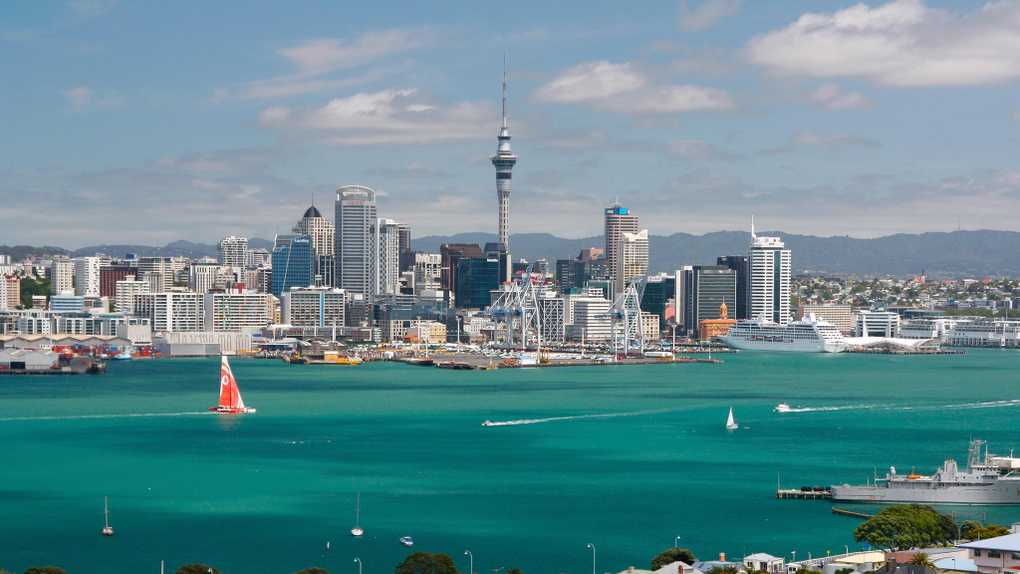


New Zealand's government has introduced the Immigration Imbalance Strategy to remedy the immigrant system, and one step is introducing a new Migrant Investor visa.
The Immigrant Imbalance Strategy is designed to facilitate achieving higher productivity and a higher-wage economy. Stats NZ revealed that the cost of living is still reaching new highs.
Investments are needed to counter this imbalance. The strategy aims to attract high-value investors to the domestic industry.
Hence, the new visa will replace the old Investor 1 and Investor 2 categories.
New Zealand's Economic and Regional Development Minister, Stuart Nash, stated that several local brands were making a name for themselves globally.
The new visa will help them gain a stronger foothold on the international scene by gaining funding. Nash mentioned that the visa will contribute to a “more productive, competitive and stable economy.”

The old investor categories brought 12 billion NZD into the country over twelve years, often in the form of shares and bonds.
The money wasn't going directly to New Zealand companies, so it didn't prove helpful in the long run.
However, the new visa encourages seasoned professionals, to bring a host of skills and make domestic companies a part of the worldwide network.
It's a win-win situation: migrants gain access to innovative ideas, and the companies gain resources. This will help establish New Zealand as a significant player in the international market.
New Zealand’s Foreign Direct Investment increased by 2453 million NZD in 2022's first quarter, and the visa will only help improve it further.
The Active Investor Visa Plus is designed to reduce passive investments. Direct investments are weighted the most heavily, at 3x per dollar invested with a minimum threshold of 15 million NZD. This means an applicant needs to invest at least 5 million NZD to be eligible.
Private equity and venture capital funds are weighted at 2x while listed equities and philanthropy are counted at 1x per dollar.
The visa discourages indirect investment by limiting investment in listed equities to 50% of total assets. Finally, it forgoes bonds and property as qualified asset categories for eligibility.
The visa has a three-year timeframe while allowing migrants to retain investments until the end of a fourth year. They must also spend a minimum of 117 days in New Zealand.
Finally, investors must have an IELT score of at least 5.0 to ensure they can share their knowledge with others in the country.
Launching on 19th September 2022, this visa category will usher in a new era in New Zealand's domestic market, allowing companies to compete with corporations on an international level.
When these migrants, talented residents are connected with those with the resources and experience needed to make their dream a reality, creating a sustainable business ecosystem.